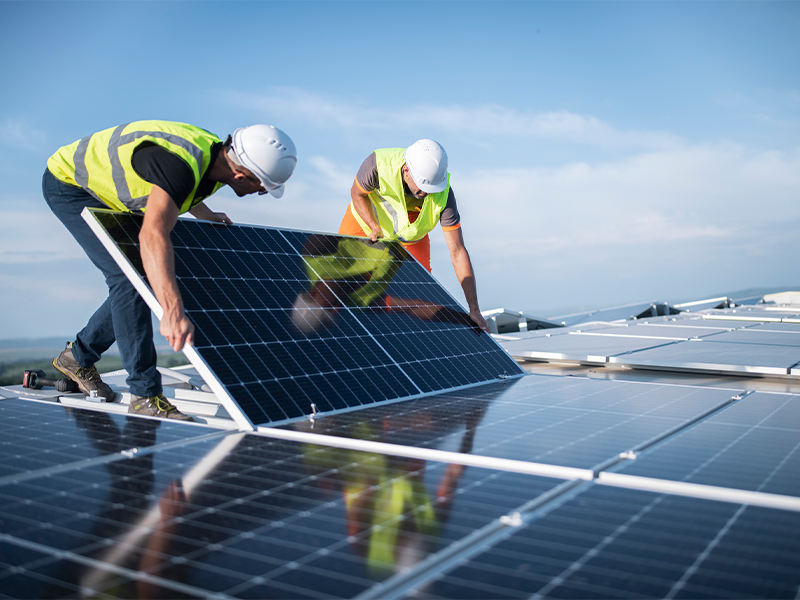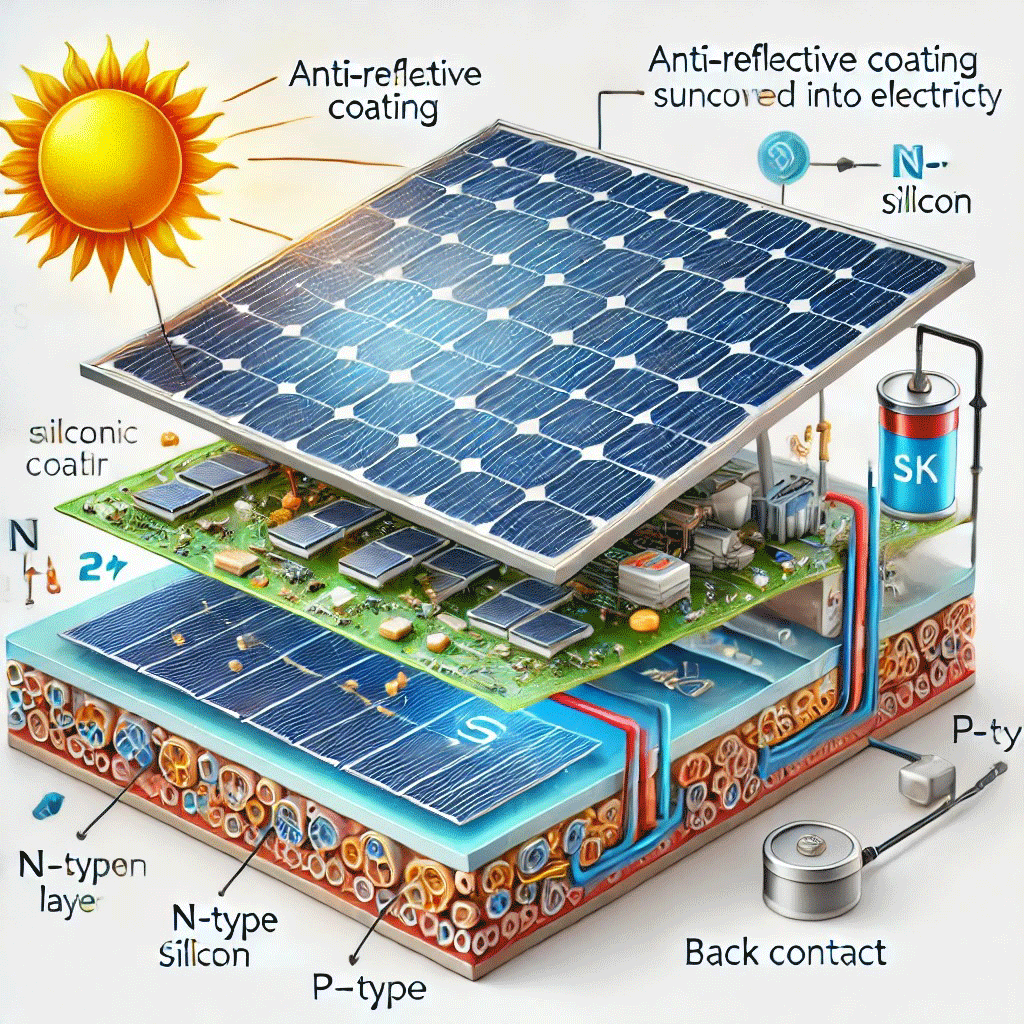Just How Solar Power Can Assist You Conserve Money and Reduce Your Carbon Footprint
The integration of solar power right into your energy portfolio presents an engaging possibility for both economic savings and environmental stewardship. By using the sun's energy, home owners can significantly decrease their month-to-month utility expenses while likewise securing versus the unpredictability of future power prices. The transition to solar adds to a marked reduction in carbon discharges, straightening personal money with wider eco-friendly objectives. As different federal government rewards become offered, the question emerges: how can one effectively navigate the initial investments and ongoing benefits of solar innovation to make the most of both financial and environmental gains?
Comprehending Solar Power Savings
While the change to solar power often entails an initial investment, recognizing solar power cost savings is essential for property owners and services alike. Solar power systems can substantially decrease power expenses by using the sun's energy, converting right into considerable long-term financial advantages.
Furthermore, solar energy systems might get different economic rewards, including tax obligation debts and rebates, better enhancing their cost-effectiveness. The accessibility of net metering allows customers to offer excess power back to the grid, producing an extra revenue stream. These elements add to the general savings associated with solar power.

In addition to route financial cost savings, solar power offers the included benefit of boosting property value. Homes equipped with solar panels are usually extra eye-catching to buyers, as they promise reduced power expenses - Simply Solar Illinois. Recognizing these components is vital for any person taking into consideration solar power, as it highlights not simply the potential monetary gains, but likewise the broader ecological and financial advantages of taking on sustainable energy services
Initial Costs vs. Long-Term Conveniences
When evaluating solar power, it is necessary to weigh the first prices versus the long-term benefits. The ahead of time financial investment for solar panels, setup, and relevant tools can be significant, commonly ranging from $15,000 to $30,000, depending on the system dimension and home energy requirements. This initial expense may prevent some home owners; however, it is crucial to take into consideration the possible financial savings in time.
Once mounted, solar power systems can substantially decrease and even eliminate month-to-month power costs, resulting in substantial long-lasting economic benefits. Research studies indicate that homeowners can save anywhere from $10,000 to $30,000 over the life-span of their planetary system, commonly 25 years. Furthermore, numerous states provide motivations, tax obligation credit scores, and rebates that can balance out preliminary costs, making solar extra easily accessible.

Minimizing Your Carbon Impact
Lowering your carbon footprint is a crucial factor to consider in today's eco mindful society, and taking on solar energy is among one of the most effective methods to attain this goal. Solar power is a tidy, renewable resource that substantially lessens reliance on nonrenewable fuel sources, which are major contributors to greenhouse gas discharges.

Moreover, the prevalent fostering of solar technology encourages the growth of green work and sustains technologies in power storage space and performance. The more people and companies spend in solar energy, the higher the collective decrease in carbon emissions, fostering a cleaner ambience for future generations.
Federal Government Rewards and Rebates
Adopting solar power not only benefits the atmosphere but can additionally bring about substantial economic savings, especially with the accessibility of government incentives and discounts. Numerous federal, state, and regional programs are designed to motivate homeowners and services to purchase solar power systems, making the shift a lot more economical.
One of the most famous rewards redirected here is the Federal Financial Investment Tax Credit Score (ITC), which permits solar system proprietors to deduct a substantial percent of the setup costs from their government taxes. This reward has been crucial in decreasing the upfront expenses related to solar energy systems. Additionally, many states use their very own tax credit scores, grants, and rebates that can better boost cost savings.
In addition, some regional governments supply real estate tax exemptions for solar installments, ensuring that house owners do not deal with increased residential property taxes as an outcome of their eco-friendly energy financial investments. Utility firms may also provide rewards, consisting of web metering and feed-in tolls, which permit solar energy individuals to sell excess power back to the grid.
Selecting the Right Solar System
Picking the appropriate planetary system is critical for making the most of power effectiveness and economic advantages. The decision hinges on a number of aspects, consisting of energy needs, spending plan, and available room. House owners need to begin by examining their electrical energy consumption to determine the system size needed for optimal efficiency.
Following, consider the different kinds of solar technologies available. Simply Solar Illinois. Photovoltaic Or Pv (PV) panels are the most typical, converting sunlight directly into power, while solar thermal systems focus on home heating water. Each type has distinct advantages depending on specific needs
Budget plan factors to consider are also vital. Initial installation prices can differ considerably, so it is necessary to contrast quotes from several carriers and discover funding choices. Government incentives and discounts can additionally decrease the financial problem, making planetary systems more available.
Final Thought
In summary, solar energy presents a viable option for accomplishing considerable expense savings while simultaneously minimizing carbon discharges. The initial financial investment, though considerable, returns considerable long-lasting financial benefits, with possible savings varying from $10,000 to $30,000 over 25 years. The environmental benefits of solar power add to sustainable practices critical for combating climate modification. Federal government incentives improve the usefulness of solar modern technology adoption, motivating a shift in the direction of a cleaner, extra economically effective power resource.